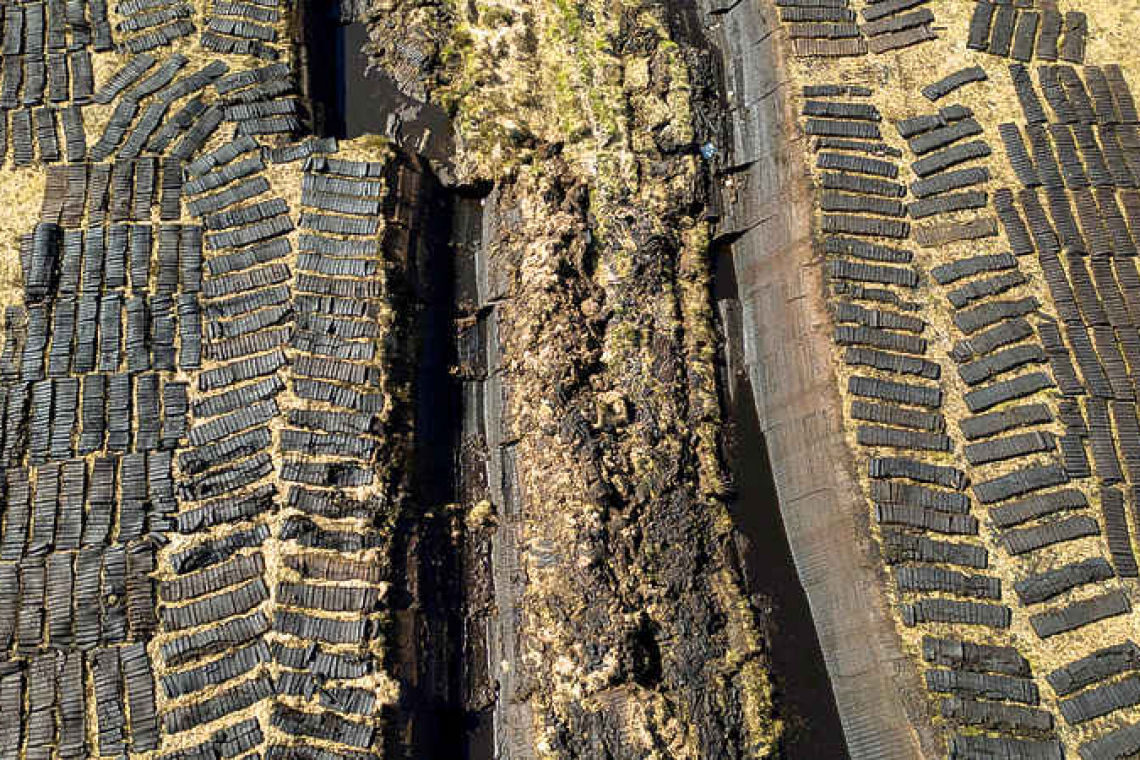NAIROBI--The global destruction of wetlands, which support fisheries, agriculture and flood control, may mean the loss of $39 trillion in economic benefits by 2050, according to a report by the Convention on Wetlands released on Tuesday.
Some 22% of wetlands, both freshwater systems such as peat lands, rivers and lakes, and coastal marine systems including mangroves and coral reefs, have disappeared since 1970, according to the intergovernmental report, the fastest pace of loss of any ecosystem.
Pressures, including land-use change, pollution, agricultural expansion, invasive species, and the impacts of climate change - such as rising sea levels and drought - are driving the declines. "The scale of loss and degradation is beyond what we can afford to ignore," said Hugh Robertson, the lead author of the report.
The report called for annual investments of $275 billion to $550 billion to reverse the threats to the remaining wetlands, and said current spending was a "substantial under-investment" without giving figures.
The world has lost 411 million hectares of wetlands, the equivalent of half a billion football pitches, and a quarter of the remaining wetlands are now classified as in a state of degradation, according to the report. Wetlands' economic benefits include flood regulation, water purification and carbon storage - key as water levels rise and tropical storms and hurricanes intensify due to climate change.
They also support the fishery and agriculture industries and offer cultural benefits.
The report launches a week before the Victoria Falls, Zimbabwe, meeting of the parties of the Convention on Wetlands, a global agreement of 172 countries signed in 1971 to spearhead preservation of the ecosystem. The group, which includes China, Russia and the United States, meets every three years, but it is unclear if all nations will send delegates.
Wetland deterioration is particularly acute in Africa, Latin America, and the Caribbean, but is worsening in Europe and North America, the report said.Rehabilitation projects are under way in countries including Zambia, Cambodia and China.







